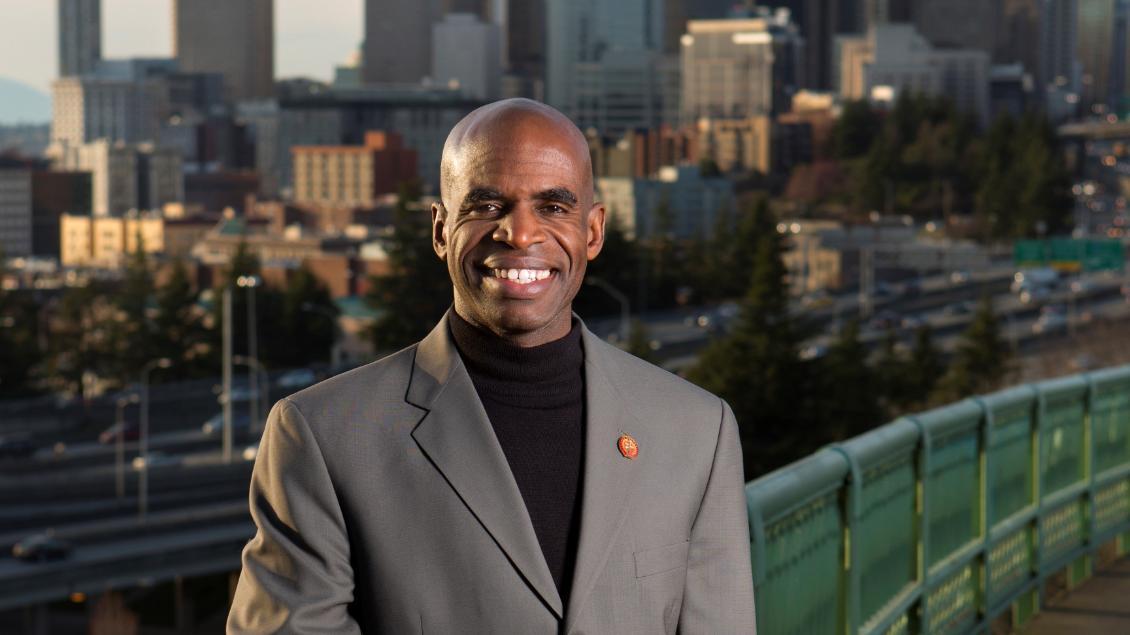Helping the Hardest Hit Communities
/68x0:1063x635/prod01/channel_34/media/alumni/images/suvoicealumniblog/GordonMcHenry2-1130X635.jpg)
Any disaster will put a strain on individuals, families and communities. But a world health pandemic, such as COVID-19, has highlighted systemic issues such as 

Any disaster will put a strain on individuals, families and communities. But a world health pandemic, such as COVID-19, has highlighted systemic issues such as unequal wealth distribution, racial injustice and the inequity in our healthcare system.
According to Public Health - Seattle King County COVID-19 is impacting communities of color at a higher rate. This new analysis shows that the rates for confirmed cases and hospitalizations are showing racial disparities.
“COVID-19 has devastated the economy and health care. This means that vulnerable communities have fewer resources, have less resilience, and have very limited to no places to turn other than the non-profit community or the public sector,” said Gordon McHenry, Jr., ’79, president and CEO of United Way of King County. “What we have experienced both in terms of direct services as well as in our communication with nonprofits who work in communities of color and low income communities is that everything has gotten worse, and in a very rapid way.”
McHenry went on to explain that “when we began to understand the impacts of COVID-19 on the community, we immediately started conversations with some of our corporate partners and with the Seattle Foundation. We rapidly agreed that the most powerful step forward would be for us to virtually stand shoulder to shoulder and raise up the need and the opportunity to give money to support the most vulnerable in our community.” These partnerships have raised more than $20 million for the Seattle Foundation's Community Response Fund, some of which has been distributed to 128 different organizations that serve communities of color, immigrant, refugee and senior populations and people with disabilities. Currently, phase two of funding, which will be distributed in the coming weeks, will support emergency financial assistance, mental and behavioral health, childcare and food security.
United Way’s mission of bringing people, public health, corporate and other non-profit partners together to help the community has benefited some of the most at-risk people and families. The need in the community is great and continuing to increase. So United Way launched a COVID-19 Community Relief Fund to raise money to support households needing rental assistance and families who are hungry and need help securing food. Their food assistance program currently serves 3,500 families with meals and its rental assistance program served 2,000 families who were struggling to make rent in April. Despite these successes, there are more applicants than funding available to support them.
Through all of this, McHenry is passionately leading his organization with a focus on social justice and racial equity to support and serve the common good. “I am so proud to lead an organization that will help our communities survive. We have a great team, lot of great supporters, partners, donors and volunteers. We all wake up wanting to be as active and impactful as possible.”
As the effects of COVID-19 continue to unfold, McHenry says, “volunteerism is really important and can and should be done in a time of crisis.” His recommendation to alumni is to take action by making a donation to United Way or wherever you see personal alignment or need in your community.
Find out ways you can help United Way of King County.
The Seattle University Alumni Association
May 7, 2020